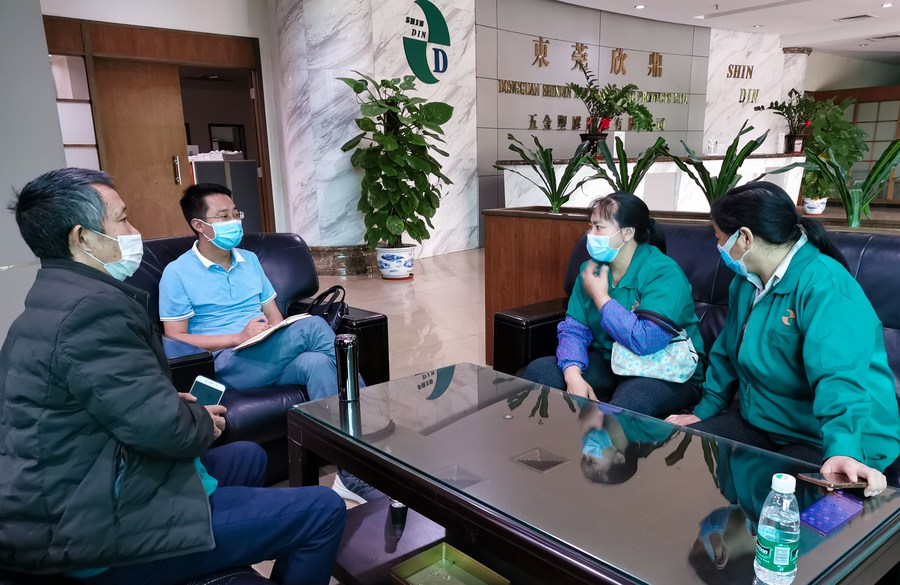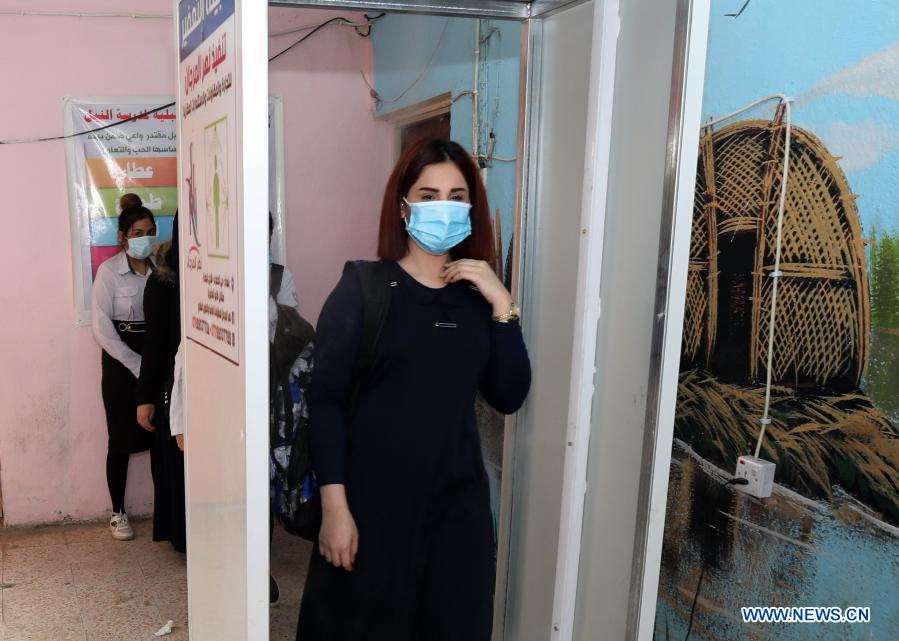-- Zhenxiong, a county in southwest China's Yunnan Province, once home to 560,000 registered poor population, was delisted from the poverty-stricken county list in mid-November.
-- In recent years, the export of labor has served as crucial support for poverty alleviation in the remote, relatively-unknown county located in the hinterland of the Wumeng Mountains, the "pompous peaks" in Chairman Mao Zedong's famous 1935 eight-line poem Long March.
-- While striving to send the labor force out for work, Zhenxiong authorities also encouraged more skilled people to return home with technologies and capital to start their own businesses.
by Li Yin, Li Huaiyan, Lin Bifeng, Ma Yunfei
KUNMING, Nov. 29 -- Zhang Yong, a 37-year-old poverty alleviation cadre from southwest China's Yunnan Province, had a good reason not to take a promotion back in his hometown.
Since last April, he has helped more than 2,000 villagers in Zhenxiong, a county in Yunnan once home to China's largest poor population, find jobs in Dongguan, dubbed the "world factory" in Guangdong Province.
Zhang said that he could not just drag himself away when so many migrant workers still needed him, and he might help many more in the days to come.

Zhang Yong (2nd L), head of a labor export workstation designated by Zhenxiong County in southwest China's Yunnan Province to Dongguan City in south China's Guangdong Province, visits the settled migrant workers from Zhenxiong, April 24, 2020. (Xinhua)
Located in the hinterland of the Wumeng Mountains, Zhenxiong, with a population of 1.71 million, used to see almost one in every three people living in poverty. There were still over 120,000 impoverished residents in the county by the end of last year.
"When one gets a job, the family shakes off poverty," Zhang said, noting that the export of labor has served as crucial support for poverty alleviation in Zhenxiong, one of the last nine counties in Yunnan delisted from the poverty-stricken county list in mid-November.
Zhang's job was much more than finding job opportunities for his fellow villagers. As the person in charge of one of the five labor export workstations set up in other provinces, he also collected recruitment information, settled labor disputes, and assisted migrant workers in asking for a salary as well as better working conditions and education for their kids.













